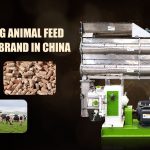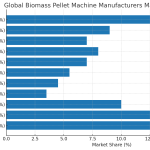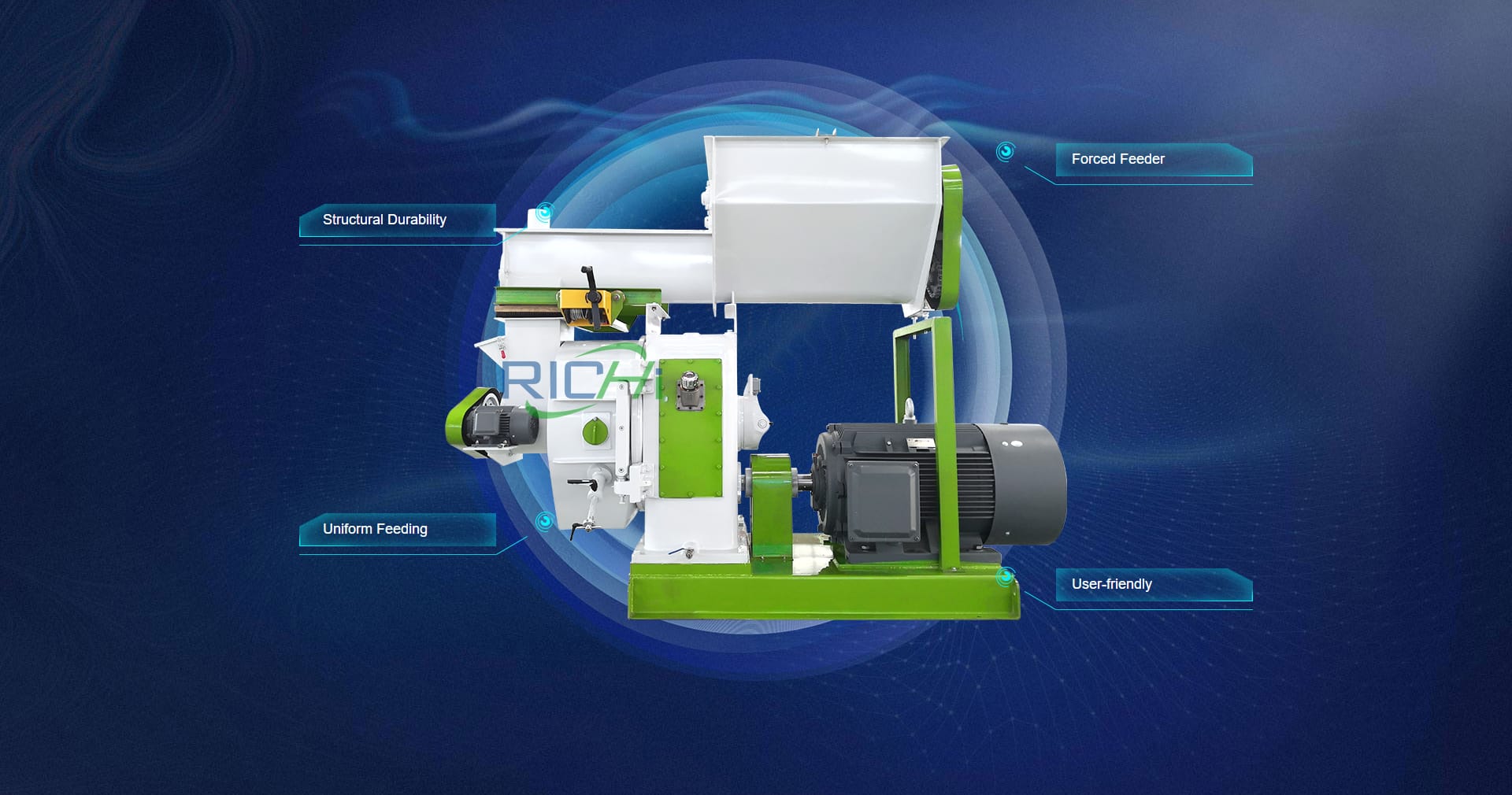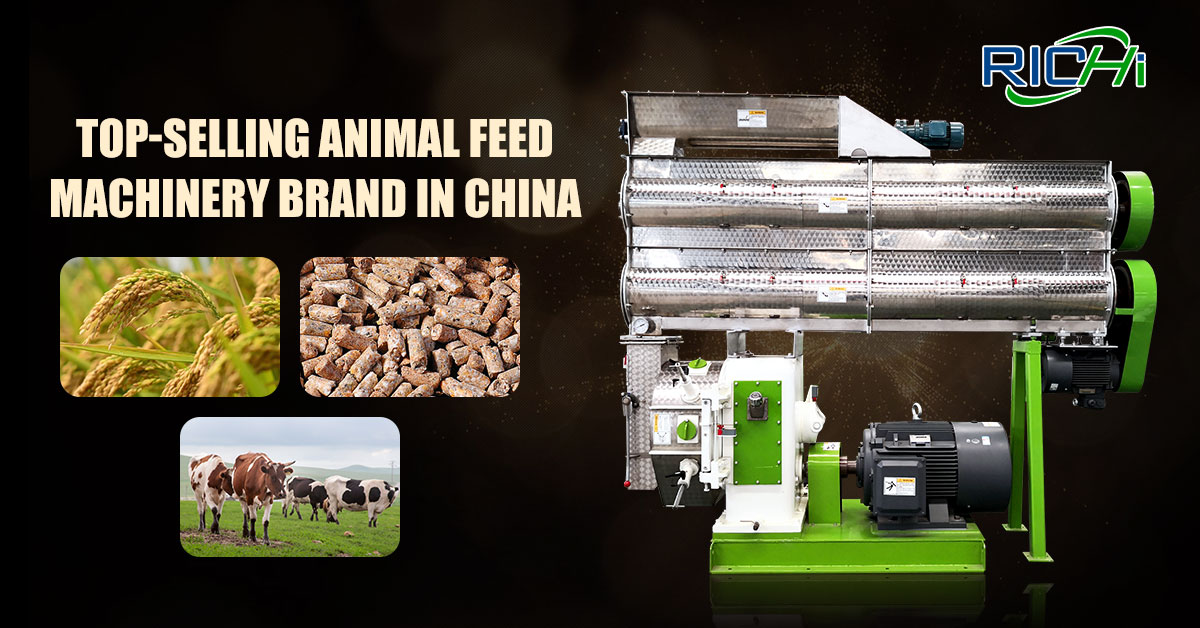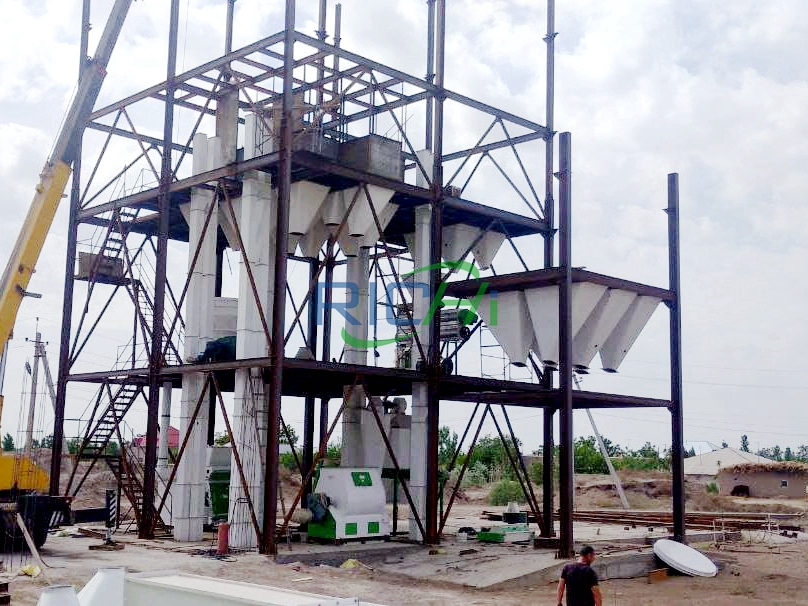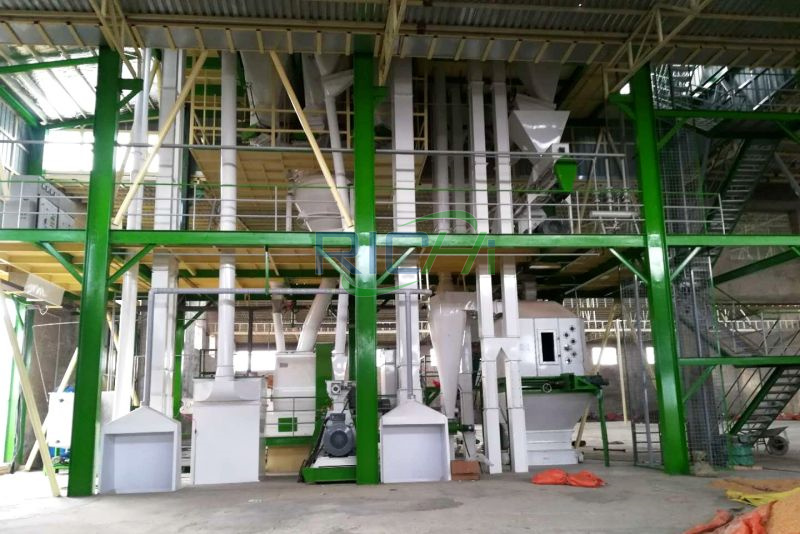In the ever-evolving landscape of sustainable agriculture and waste management, innovative solutions are crucial for addressing the challenges posed by the growing global population and the need for environmentally friendly practices. One such solution that has gained significant traction is the manure pellet mill, a specialized equipment designed to transform animal waste into a valuable resource – nutrient-rich fertilizer pellets.
The Livestock Industry’s Waste Challenge
The livestock industry plays a vital role in the global food supply chain, providing a significant source of protein for millions of people worldwide. However, this industry also generates vast amounts of waste in the form of animal manure, which, if not properly managed, can pose serious environmental and health risks. Traditional methods of manure disposal, such as open-air storage or direct application to fields, contribute to air and water pollution, greenhouse gas emissions, and the potential spread of pathogens.
The Benefits of Manure Pellets
Manure pellets offer a sustainable and eco-friendly solution to this waste management challenge. By converting animal waste into compact, nutrient-rich pellets, these machines unlock a range of benefits:
- Organic Fertilizer: Animal manure is rich in essential nutrients like nitrogen, phosphorus, and potassium, making it an excellent organic fertilizer for agricultural applications. The pelletized form enhances its handling, storage, and application efficiency.
- Reduced Environmental Impact: Proper management and processing of animal manure through pelletization significantly reduce the risk of water contamination, air pollution, and greenhouse gas emissions associated with traditional disposal methods.
- Waste Reduction and Resource Recovery: By transforming animal waste into a valuable product, manure pellet mills contribute to the principles of a circular economy, promoting waste reduction and resource recovery.
- Improved Biosecurity: The pelletization process involves heat treatment, which effectively eliminates potential pathogens and reduces the risk of disease transmission, enhancing biosecurity in livestock operations.
- Versatile Applications: Manure pellets can be used in various agricultural settings, including organic farming, horticulture, and landscaping, providing a sustainable and cost-effective alternative to chemical fertilizers.
The Intricate Workings of Manure Pellet Mills
Manure pellet mills are designed to transform raw animal waste into high-quality organic fertilizer pellets through a series of intricate processes. The typical workflow of these machines includes the following key stages:
- Raw Material Handling and Preparation
- Grinding and Sizing
- Conditioning
- Pelleting
- Cooling and Drying
- Screening and Packaging
Factors Influencing Pellet Quality and Efficiency
The quality and efficiency of manure pellets produced by these mills are influenced by several critical factors, including:
- Raw Material Quality
- Particle Size Distribution
- Conditioning Parameters
- Die Specifications
- Cooling Rate
- Maintenance and Optimization
Related post: https://www.richipelletmachine.com/organic-fertilizer-granulator-machine/
Advancements and Future Outlook
The manure pellet mill industry is continuously evolving, driven by the need for increased efficiency, automation, and sustainability. Advancements in areas such as process control, energy optimization, and alternative organic materials are shaping the future of organic fertilizer pellet production.
One notable development is the integration of advanced technologies, such as the Internet of Things (IoT) and machine learning, into manure pellet mills. These technologies enable real-time monitoring, predictive maintenance, and optimized process control, further enhancing the performance and efficiency of the machinery.
Additionally, the industry is exploring the use of alternative organic materials, such as agricultural residues, forestry by-products, and municipal solid waste, as potential feedstocks for organic fertilizer pellet production. These alternative sources not only contribute to the sustainability of the industry but also provide opportunities for resource utilization and waste reduction.
In conclusion, manure pellet mills are at the forefront of the sustainable waste management and organic fertilizer revolution, transforming animal waste into a valuable resource. As the world continues its journey towards a greener and more responsible future, these specialized machines will play a pivotal role in promoting circular economy principles, reducing environmental impact, and supporting sustainable agricultural practices, paving the way for a more prosperous and eco-friendly tomorrow.
